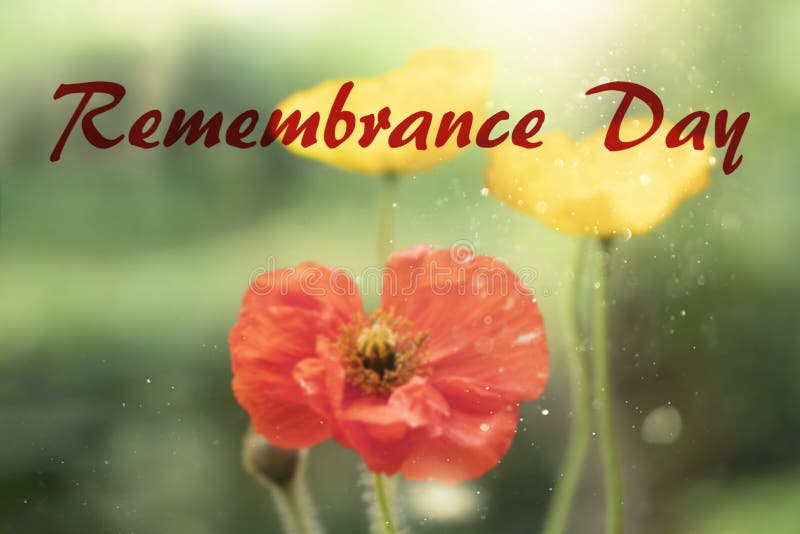
Following the tremendous success of her poppy sales in the states, Guerin sent a delegation of poppy sellers to London in a bid to popularise the appeal in the United Kingdom. Guerin was quick to organise a team of French widows who immediately began making paper poppies on an industrial scale which saw sales in excess of one million by 1921. Guerin had travelled from France to attend the American Legion’s conference and saw the sale of poppies as a fantastic way to raise money for those children who had been adversely affected by the Great War in France. Also present at the same conference was a certain Madame E Guerin. The popularity of Michael’s tradition grew exponentially as the tradition crossed the Atlantic. Thus it appears that the early history of the poppy is deeply rooted in American tradition and is not of European origin. Michael continued her effort to have the poppy adopted as a symbol of national remembrance and it was just two years before her dreams were realised and the National American Legion adopted the poppy as the official symbol of remembrance. Using money she had earned for her work for the YMCA, she purchased twenty-five silk poppies and distributed these to her colleagues. Michael had been working at the YMCA Overseas War Secretaries Office in New York and was so stirred by McRae’s poem that she vowed to pin a poppy to her lapel and swore always to wear one to honour and revere the war dead. While poppies remain more popular in the United Kingdom and other commonwealth countries, it was an American, Moina Michael, who can be credited with the first charitable poppy sale. Perhaps the most famous war poem of all time, In Flanders Fields was written on by Canadian born Lieutenant Colonel John McRae following the death of his friend and brother in arms Alexis Helmer. However it was not until after the First World War when the poppy began to gain the ascendancy as an international symbol of remembrance and charity. Thus the symbolism of the poppy as a physical commemoration of war dead actually predates the First World War. Similarly in Holland a common folk belief persists that children should avoid picking poppies as it is believed it will give them cancer. In English folk tradition, the poppy has long symbolised sleep and death. Scarlet corn poppy growth is aided by massive disruption in soil and thus the devastation of the natural environment caused by the Napoleonic wars saw fields littered with corpses alongside bright red poppies. These same sources drew the first documented comparison between the blood-red colour of the poppies and the blood spilt during conflict.

Although it is commonly assumed that the origin of the poppy as a symbol is derived from the devastation of the First World War, there are several anonymous documents written during the Napoleonic wars which noted that following battle, poppies became abundant on battlefields where soldiers had fallen. The first use of the poppy as a metaphor can be traced back to the Napoleonic wars of the early nineteenth century, rather than the First World War. The history of the poppy as a symbol of remembrance is not as clear cut as has been previously assumed. Since the appeal’s inception in 1921, the poppy has become an international symbol of remembrance for those who have given their lives defending their respective countries.

The history of the poppy as a symbol of respect for the war dead is now almost one hundred years old. The poppy appeal raises money for those who have served or are currently serving in the armed forces and have subsequently been affected physically, mentally or economically by war. In the present day the ‘poppy appeal’, organised by The Royal British Legion, takes place in the weeks leading up to Remembrance Sunday, which occurs on the Sunday nearest to Armistice Day. The remembrance poppy has become the defining symbol of reverence for the millions of soldiers who lost their lives in conflict.


 0 kommentar(er)
0 kommentar(er)
